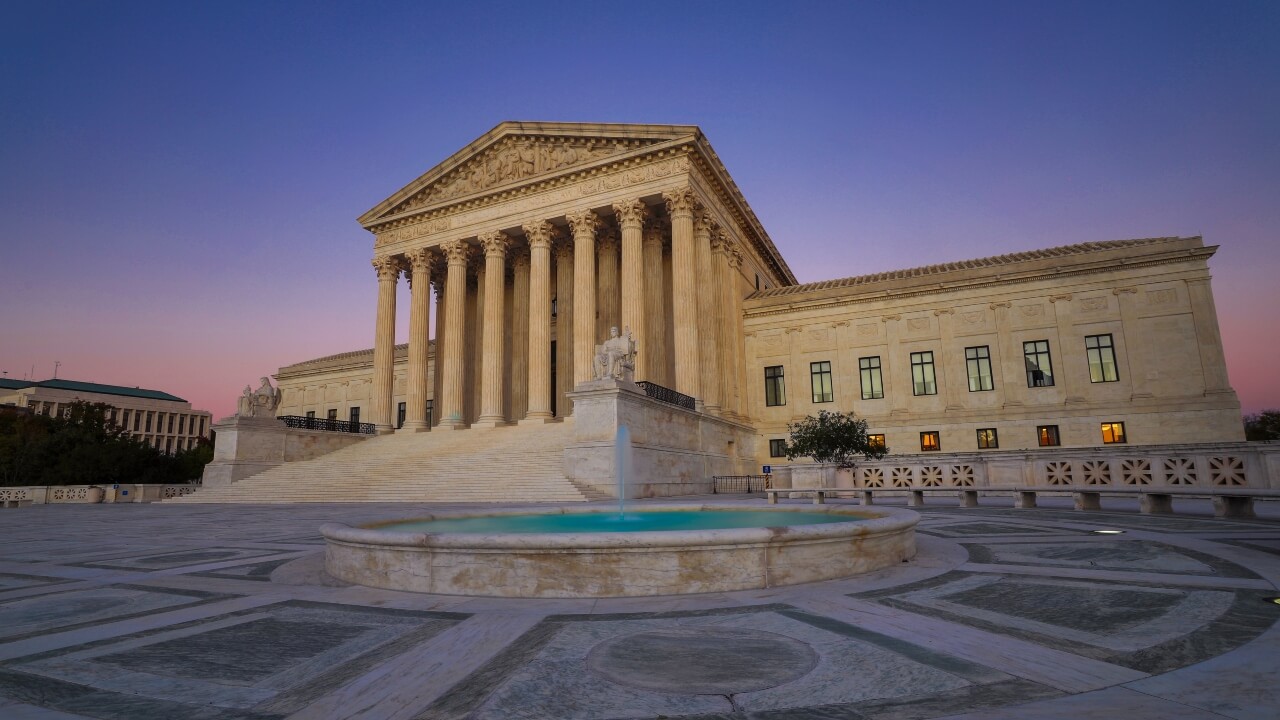A federal appeals court on Tuesday rejected a constitutional challenge to U.S. marijuana prohibition brought by a coalition of regulated cannabis companies.
The ruling was expected.
Also expected – and planned all along – is the plaintiffs’ intention “to seek Supreme Court review” of the case, attorney Jonathan Schiller told Reuters.
Chicago-based multistate operator Verano Holdings and three Massachusetts-based co-plaintiffs sued the U.S. Department of Justice in October 2023, alleging that federal marijuana prohibition under the Controlled Substances Act is no longer constitutional.
As MJBizDaily reported at the time, the plaintiffs’ goal from the beginning was to get the case before the U.S. Supreme Court, where justices in 2005 upheld Congress’ power to outlaw marijuana federally despite state-level reform.
To get that case back to the Supreme Court, the companies hired prominent law firm Boies Schiller, whose principals include litigator David Boies, who has argued other cases before the highest court.
In addition to Verano, the appellants are Canna Provisions, a Massachusetts cannabis retailer; Gyasi Sellers, the CEO of the Treevit delivery service; and Wiseacre Farm, a cultivator.
The crux of their argument is that conditions have changed so much since the high court’s 2005 ruling – more than two dozen states have legalized adult-use marijuana – that the factual basis for that ruling no longer exists.
The case also references comments made in a separate case in 2021 by Supreme Court Justice Clarence Thomas, who suggested federal marijuana law might not be “necessary or proper.”
During oral arguments in December, Boies contended that congressional action since the 2005 ruling, including a budget rider protecting medical marijuana businesses from federal prosecution, means that federal lawmakers no longer intend to ban interstate cannabis commerce.
But so far, that argument has failed in this case, first in U.S. District Court last year and now at the 1st U.S. Circuit Court of Appeals on Tuesday.
In their appeal, the companies argued that:
- The U.S. Constitution affords them a “right to cultivate and transact in marijuana” that is “deeply rooted in this nation’s history and its legal traditions.”
- The Controlled Substances Act violates the Fifth Amendment’s right to due process.
U.S. 1st Circuit Chief Judge David Barron rejected both arguments, noting in part that adult-use marijuana did not exist when the 2005 Supreme Court case was considered.
Further, Barron added, the judges “know of no authority” that affords constitutional protections to an activity that is “not otherwise protected” by the Fifth Amendment “solely because many states in recent times provided legislative protections for that activity.”
Medical Disclaimer:
The information provided in these blog posts is intended for general informational and educational purposes only. It is not a substitute for professional medical advice, diagnosis, or treatment. Always seek the advice of your physician or other qualified healthcare provider with any questions you may have regarding a medical condition. The use of any information provided in these blog posts is solely at your own risk. The authors and the website do not recommend or endorse any specific products, treatments, or procedures mentioned. Reliance on any information in these blog posts is solely at your own discretion.






